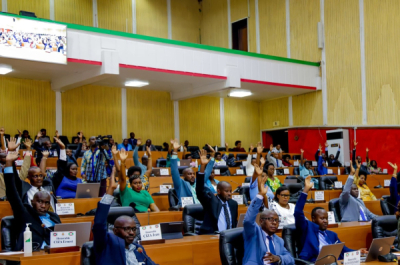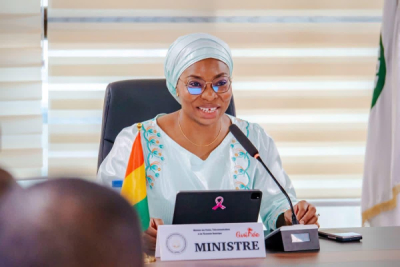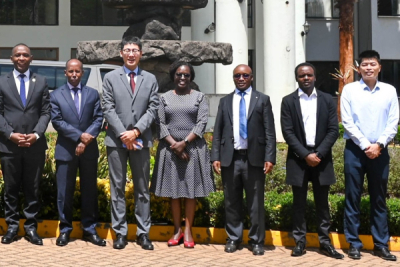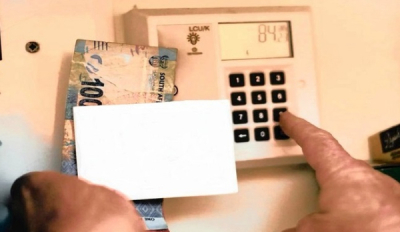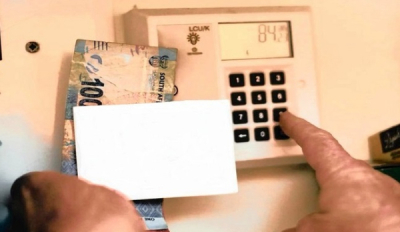In Cameroon, cybercrimes have exploded but those acts are sometimes perpetrated by local parties. Therefore, by joining the convention, authorities want to be able to track cyber criminals wherever they are.
In Cameroon, President Paul Biya signed, Monday (May 23), a decree authorizing the country’s membership in the Budapest Convention on Cybercrime. Drafted by the Council of Europe, the convention was signed in November 2001 and became enforceable on July 1, 2004. It is devoted to the fight against cybercrimes, including child pornography, copyright infringement, and hate speech. It also consecrates international cooperation in the fight against modern internet and information technology threats.
According to Cameroon’s National Agency for Information Technology and Communication (Antic), 3,105 cybercrime complaints, more than 5,000 fake social media accounts, and seven attacks on government websites were recorded in 2021. That year, the agency estimated the financial losses caused by intrusion into public and private administrations’ computer systems at XAF12.2 billion ( about US$20 million).
The membership authorization comes after the national assembly’s approval last April 27. For Minette Libom Li Likeng (photo), Minister of Posts and Telecommunications, Cameroon’s membership in the Budapest Convention will allow the country to better protect its cyberspace, with the alignment of the December 12, 2010 cybercrime prevention law. It will also contribute to the implementation of a more repressive legal framework and help law enforcement officers identify and punish cybercrimes.
Currently, in Africa, countries are taking action to protect themselves against cybercrimes and protect personal data. Many international summits have been held in that regard since January 2022. The continued mobilization of both private and public actors demonstrates the importance of the issue, particularly in a context marked by accelerated digital transformation on the continent.
Ruben Tchounyabe



